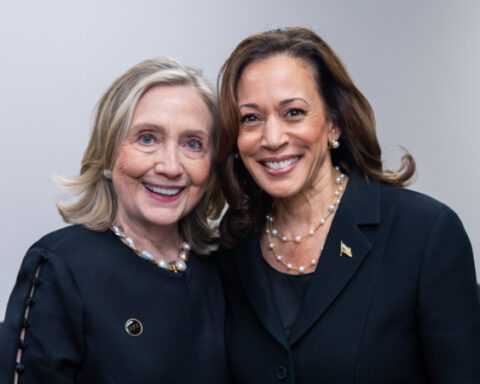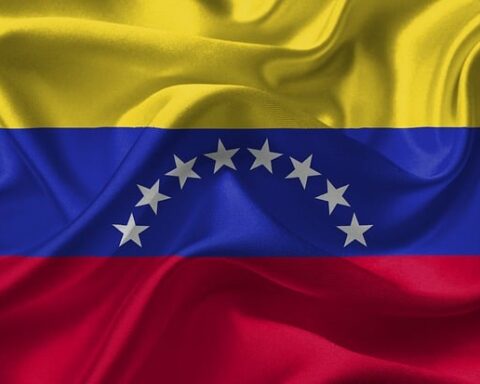During his first visit to India, Vice President JD Vance reportedly had dinner with Indian Prime Minister Narendra Modi, discussed the two nations’ progress on a bilateral trade agreement, and made a positive comparison between New Delhi and Western capitals.
According to Vance, the 21st century would be defined by the U.S.-Indian relationship. He compared the pride that the South Asian nation took in its history and culture to that of Western nations who adopted the “same bland, secular, universal values.”
On the other hand, the vice president criticized the leaders of Europe on his first trip there after assuming office, saying they were suppressing free expression and disregarding popular opinion on matters like mass migration.
India has emphasized its Hindu-majority identity under Modi, but during the hard-right leader’s more than ten years in office, some claim that the rights of the country’s religious minorities—including its sizable Muslim population—have been undermined.
In order to oppose China’s growing expansionism, India and the United States have become tighter trading partners and defense allies in recent years.
Before the Trump administration’s 90-day moratorium on hefty tariffs ends in July, New Delhi is rushing to finalize an early trade pact with the United States, its biggest trading partner.
After Vance’s meeting with Modi on Monday night, the U.S. and India declared they had reached an agreement on the terms of negotiation for a possible bilateral trade agreement.
Modi and Trump announced their intention to grow bilateral trade to $500 billion by 2030, a nearly fourfold increase from present levels, during Modi’s February visit to Washington, D.C. Neither party has yet to provide specifics about what they are requesting—or providing.
In addition to high tariffs, the Office of the U.S. Trade Representative listed a number of other annoyances that restrict U.S. trade with India in a report released in March.
These include compliance inspections that cause company disruptions and technical or quality requirements that delay or restrict exports.
The survey also pointed out that when it comes to what they can sell on their platforms, Indian e-commerce companies are subject to different regulations than their domestic rivals.
[READ MORE: Trump Administration Talks With Iran to Continue After Successful Second Round]









